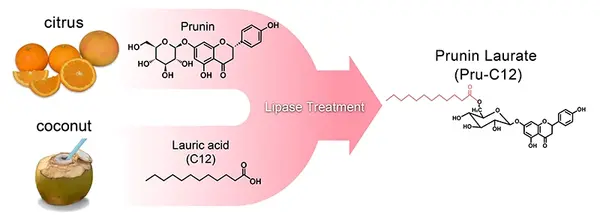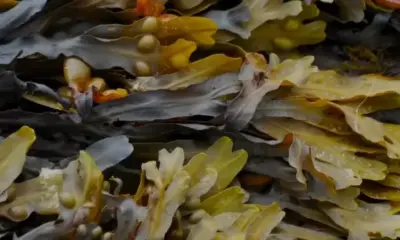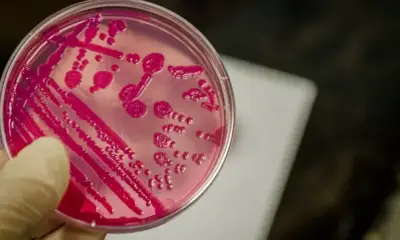Oral Health
Funding Challenges Arise for Citrus and Coconut Biomass-Powered Dental Protection Discovery
The compound Pru-C12 exhibited the most significant antimicrobial properties, indicating that compounds from citrus and coconut may offer effective solutions for oral diseases in children and the elderly.

New research published in Foods suggests that an antibacterial solution derived from citrus and coconut compounds could help prevent oral inflammation in both children and the elderly, potentially enhancing personal care products.
Personal Care Insights interviewed lead researcher Professor Shigeki Kamitani from the Graduate School of Human Life and Ecology at Osaka Metropolitan University in Japan to discuss the findings and the challenges ahead.
Oral diseases often stem from infections caused by pathogenic bacteria that lead to inflammation. The researchers caution that many over-the-counter oral hygiene products act more as disinfectants, which can be irritating and may compromise effective dental care practices.
Courtesy of EurekAlert
“For example, ethanol in mouthwashes and certain types of liquid toothpaste can be highly irritating when used in the mouth,” they emphasize, noting that such products are unsuitable for children and the elderly, who are particularly vulnerable to periodontal disease.
To investigate antibacterial properties, Kamitani’s team examined seven different compounds for their effectiveness in preventing periodontal disease across all age groups. They focused on prunin laurate (Pru-C12) and its variants against the periodontal pathogenic bacteria, Porphyromonas gingivalis. The study highlights that “P. gingivalis is a keystone pathogen that disrupts the balance of the indigenous bacterial flora in the host.”
Pru-C12 demonstrated the highest antimicrobial effect and can be derived from biomass sources of citrus and coconut, indicating a more sustainable approach. Kamitani notes that Pru-C12 is tasteless and hypoallergenic, and if proven safe for human use, it could offer an affordable antimicrobial solution.
Funding Challenges Arise for Citrus and Coconut Biomass-Powered Dental Protection Discovery. When comparing Pru-C12 to existing over-the-counter oral hygiene products, Kamitani states, “I cannot say anything definitive, but we believe that irritancy will be reduced based on our research compared to commercially available oral hygiene products. We think its low irritancy will benefit oral care products intended for infants and the elderly.”
Despite its promise, there are hurdles to making Pru-C12 a commercially viable and sustainable antimicrobial solution for oral hygiene.
“At this time, we are not planning any human clinical trials. If we pursue this, we will first need to test its safety, which requires significant funding that is challenging to secure at a university. In our study, Pru-C12 was prepared using purified reagents. If we can find ways to derive these components from biomass more cost-effectively, it could meet commercial potential while aligning with the UN Sustainable Development Goals,” Kamitani explains.
Funding Challenges Arise for Citrus and Coconut Biomass-Powered Dental Protection Discovery. This highlights the importance of securing financial support for further research and development, which is crucial for bringing innovative solutions like Pru-C12 to market.






















